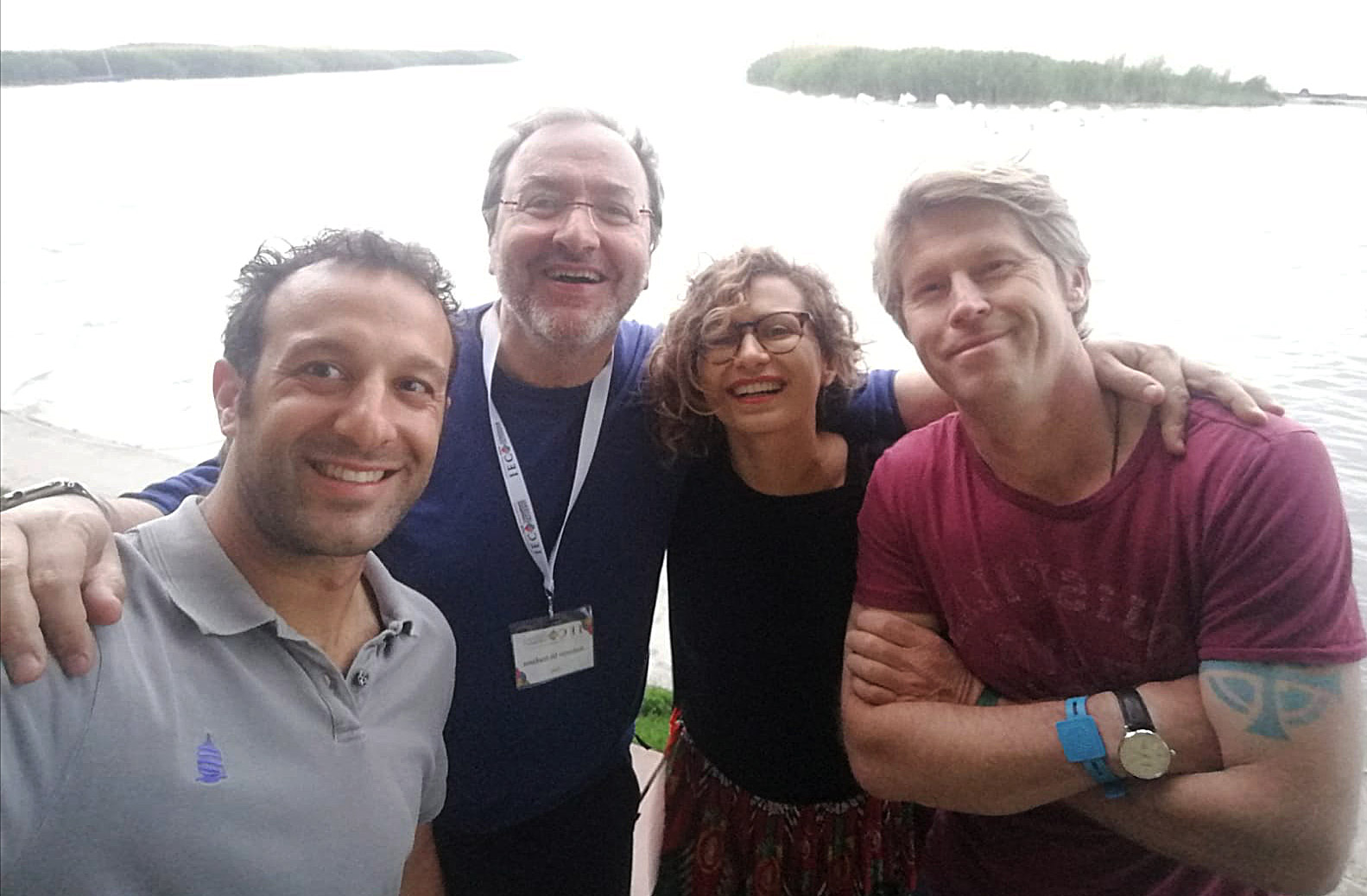What if we could change the way we look at problems instead of using the same old criteria? What if we could have a more complete outlook? There is a way to do this and it works. It’s called Integral Theory and anybody can use it: doctors, economists, salespeople, custodians, engineers, students, mailmen, bartenders or bankers. This approach was developed in the 1970s by Ken Wilber and it teaches a method of considering the various perspectives we can choose to view any phenomenon. Over the years, his theory has become a reference point for many disciplines and it is the topic of a conference that is bringing hundreds of experts from all over the world together. Peoplerise will be there to participate in a shared learning experience.

Peoplerise associate Alessandro Rossi explains: “When we look at problems or anything in general, we usually use an approach that we are familiar with and we tend to view them from the same old angles we always use. The Integral Theory has identified a model that we can use to learn how to integrate different perspectives which simultaneously takes the following aspects into consideration:
- the interior individual – his or her feelings, emotions and ideas
- the interior collective – the values shared among people, the ethics and the cultural background of each group
- the exterior individual – the objective and scientific state of affairs, physical and behavioural traits and
- the exterior collective – the processes, relationships, rules and relations among entities”.
Basically, the theory has been an integral part of the Peoplerise approach for several years and it claims that these elements influence one another constantly. They are corresponding aspects that create and condition the complexities of us all and of the communities we belong to. Wilber, in his foreword to Frederic Laloux’s book “Reinventing Organizations”, writes that most disciplines acknowledge either the subjective aspect or the purely objective one. But adopting an integral approach would make it possible to “shed great light on the eternally unresolved problems – from those relating to the body and spirit to the connection between science, spirituality and the very process of evolution”.
Alessandro adds: “The method is very structured and complex and allows for an analysis of the various elements of the cognitive, emotional, moral, value-related and spiritual
development of an individual in relation within each context. This is why adopting the integral approach within our projects makes it possible for us to have a truly complete perspective so we can see the whole as if it were tri-dimensional. Thanks to this theory, we are capable of guiding our clients and ensuring their power to draw upon new inner resources and expand their ability to embrace complexity”.
Enjoy your full integral immersion Alessandro, Antonio, Flavio, Jake and Valentina!


